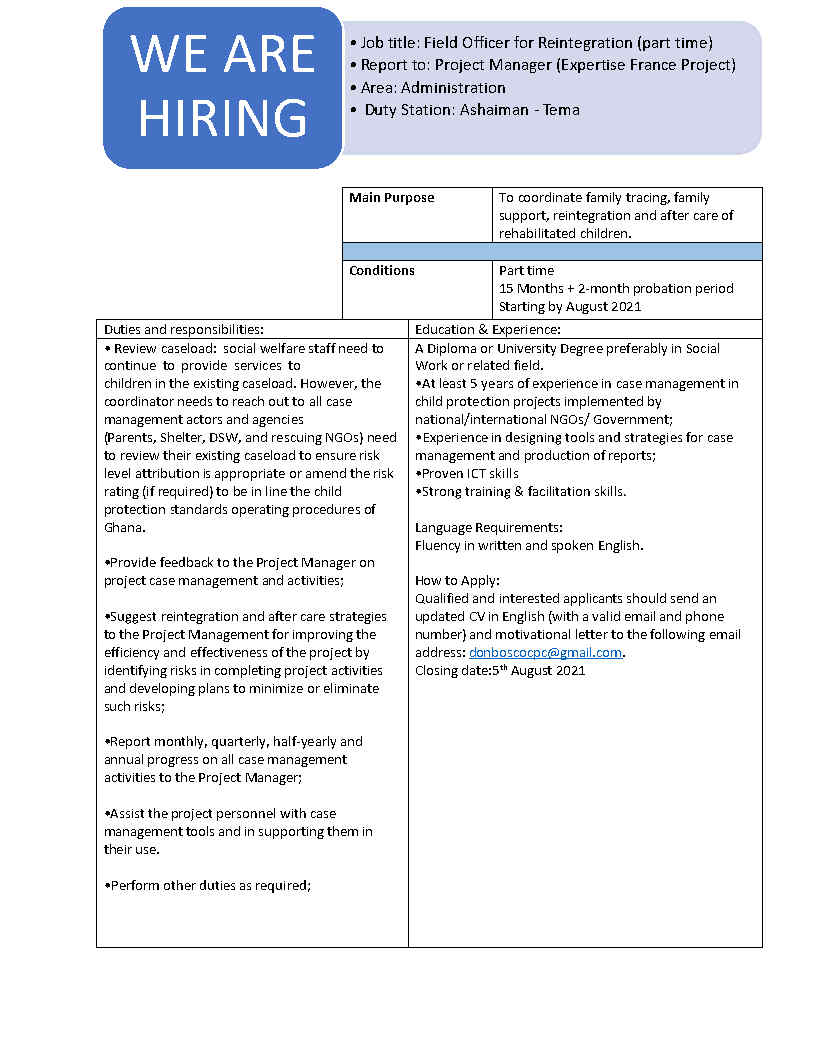Street hawking is one of the vital activities in the informal sector, which serves as a source of livelihood for many people in developing countries across the world.
Petty trading on the streets of Africa is an integral part of the informal sector engaged by persons, usually of low-level education.
According to a report by Women in Informal Employment on “Globalizing and Organizing (WIEGO),” 80 per cent of the Ghanaian workforce is employed in the informal sector.
While some display their goods in their palms, others put their wares on the heads.
There’s also this group that sets up stands or tables by the roadside to sell.
During traffic jam, these hawkers rush to vehicles to sell.
Sometimes, an eye contact with a consumer serves as a signal for business. They are also alerted when buyers call them by what they sell.
The argument is that, these hawkers play important role in the local economy, but one can also not overlook the nuisance they create in the city for, which reason authorities and environment sensitive individuals detest their presence on the streets.
There’s a major campaign by local Assemblies in Accra with the support of the Regional Coordinating Council, to make “Accra work again”.
It is mainly to decongest the city and beautify it with improved sanitation.
So far, one can say the exercise is going on well, especially with the relocation of onion sellers from the Agbogbloshie market to Adjen Kotoku.
But the worry of many, is the increasing number of street hawkers with their activities negatively affecting the sanitation of the national capital, apart from concerns of food safety- the way they handle ready to eat foods.
Street hawking illegal?
Street hawking illegal?
On April 01, 2011, the Accra Metropolitan Assembly (AMA) released a new by-law approved by the Local Government Ministry to arrest persons who engage in street hawking as well as those who patronise their wares.
Per the new laws, no one is allowed to sell to a driver or a passenger, thus making street hawking an illegal venture.

The hawkers’ by-law, passed by the A.M.A on September 1, 2010 also emphasised that hawkers must ensure they obtain license before operating. Thus, a hawker cannot erect stalls on pavements and streets and should not be an obstruction or impede the free flow of vehicular or human traffic and are also prohibited to offer for sale or purchase of merchandise to vehicle drivers and passengers.

The hawkers’ by-law, passed by the A.M.A on September 1, 2010 also emphasised that hawkers must ensure they obtain license before operating. Thus, a hawker cannot erect stalls on pavements and streets and should not be an obstruction or impede the free flow of vehicular or human traffic and are also prohibited to offer for sale or purchase of merchandise to vehicle drivers and passengers.
But the practice is arguably, on the increase, making our streets big market centres, sometimes, with children being major players.
Life as a Hawker
Ms Vivian Tindana, a 37-year-old hawker who hails from the Northern Region, wakes up at 0430 hours every day to join a queue to purchase her carbonated products to begin her hustle on the streets.
She says she has been hawking on the street for 15 years after she, together with her siblings were abandoned by their mother.
Ms Tindana says she has been in the business due to lack of funds and financial support after completing Senior High School (SHS).
The Hawker reveals that she previously worked in a local restaurant, but quit her job due to unfavourable working conditions.
She reveals that selling on the streets is more lucrative than her previous work because “cooking in the chop bar was more stressful and the money I was earning daily was just GHS30 so I prefer being in the streets to sell.”
Growing up, Ms Tidanna, says she wanted to be a nurse, however, all her dreams failed due to lack of financial support for her education to the tertiary level.
She reveals that she used to make a profit of GHS100 when she started the business but currently, manages GHS40 due to low patronage.
The hawker, admits officials of A.M.A routinely dismissed them from the streets but they keep going.
Mr Gilbert Ankrah, Public Relations Officer, A.M.A in an interview, says the Assembly frequently carries out decongestion exercises to clear the streets for free flow of traffic yet hawkers keep coming back.
Mr Gilbert Ankrah, Public Relations Officer, A.M.A in an interview, says the Assembly frequently carries out decongestion exercises to clear the streets for free flow of traffic yet hawkers keep coming back.
Mr Ankrah says a strategy to curb the menace is the expansion of markets to accommodate traders selling in the streets and commended the supporting role of the Regional Coordinating Council.
“Now, if you move to the Tuesday market in the Ablekuma South Constituency, efforts are being made to expand the facilities.
“Also, the second phase of that project is currently ongoing and after, the Makola 31st sheds will be renovated and we hope all hawkers will move in to clear our streets,” he said.
Mr Ankrah says the Salaga market is also being constructed and funded by the Coastal Development Authority (CODA) to ensure its revival.
The PRO observes that the unsanitary environment under, which traders are operating, is the reason some hawkers moved back to the streets and says the concerns are being addressed.

Mr Ankrah notes that more filth is generated when the number of hawkers in the street is high and underscores the need to move all hawkers to the market centres.

Mr Ankrah notes that more filth is generated when the number of hawkers in the street is high and underscores the need to move all hawkers to the market centres.
The PRO says another challenge is how activities of hawkers cause road crashes, especially, pedestrian knock downs, with hawkers taking over pavements and walkways.
“All these are very worrying challenges we are facing and the Assembly is still putting measures in place to curb all these challenges to make the environment a safer place to live,” he assured.
Way Forward
The applause is rising for the Greater Accra Regional Minister for efforts at ensuring that Accra work Again and it is important we all, including hawkers join the campaign to keep the city clean and beautiful.
Existing rules and regulations on selling in unauthorised areas and spaces should be strictly enforced and culprits severely punished to deter others from engaging in the activity. This is happening at Madina and can work in all other places.
The public should be sensitised to the dangers of entertaining hawkers- patronising their wares.
Hawkers should also be well educated on the hazards of selling in the streets.
More mini markets could also be setup in areas where people, especially passengers and travellers use often, to draw hawkers away from the street to such mini shops.
Yes! We can stop street hawking and it must start from you, because we can’t achieve the agenda of Accra working again with people hawking in the streets.



